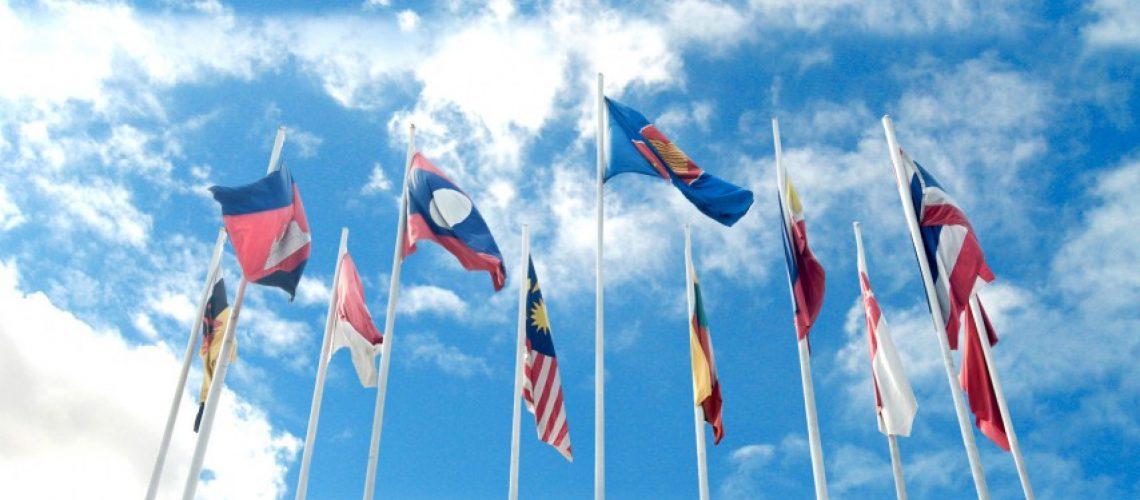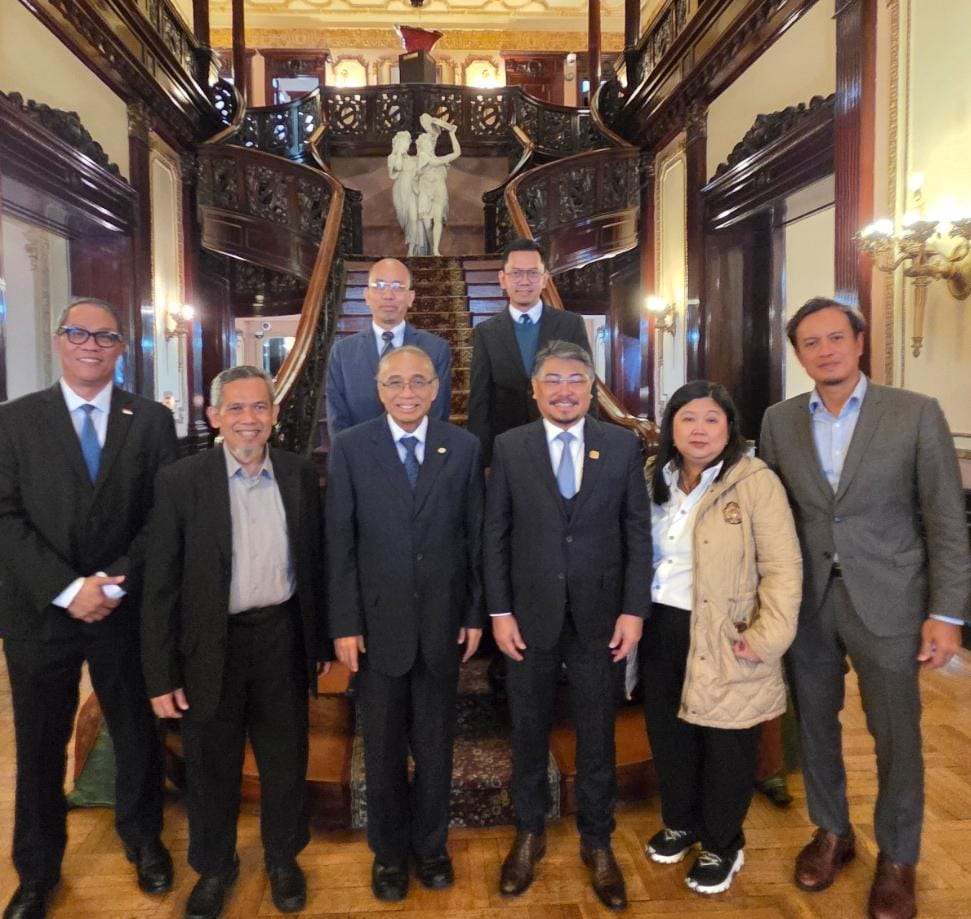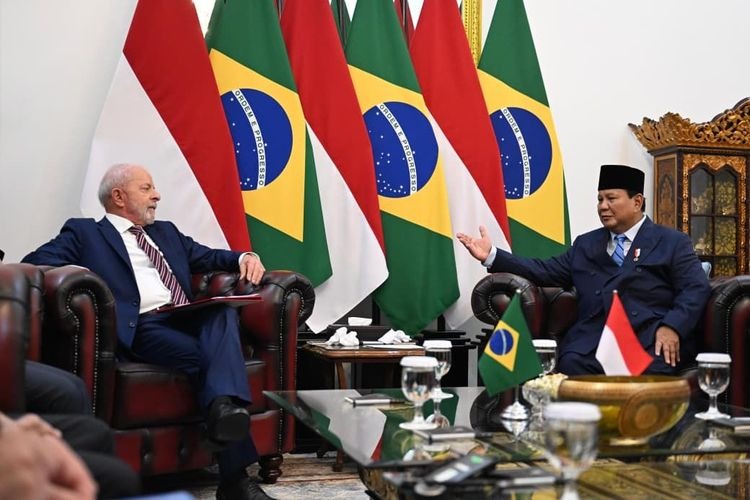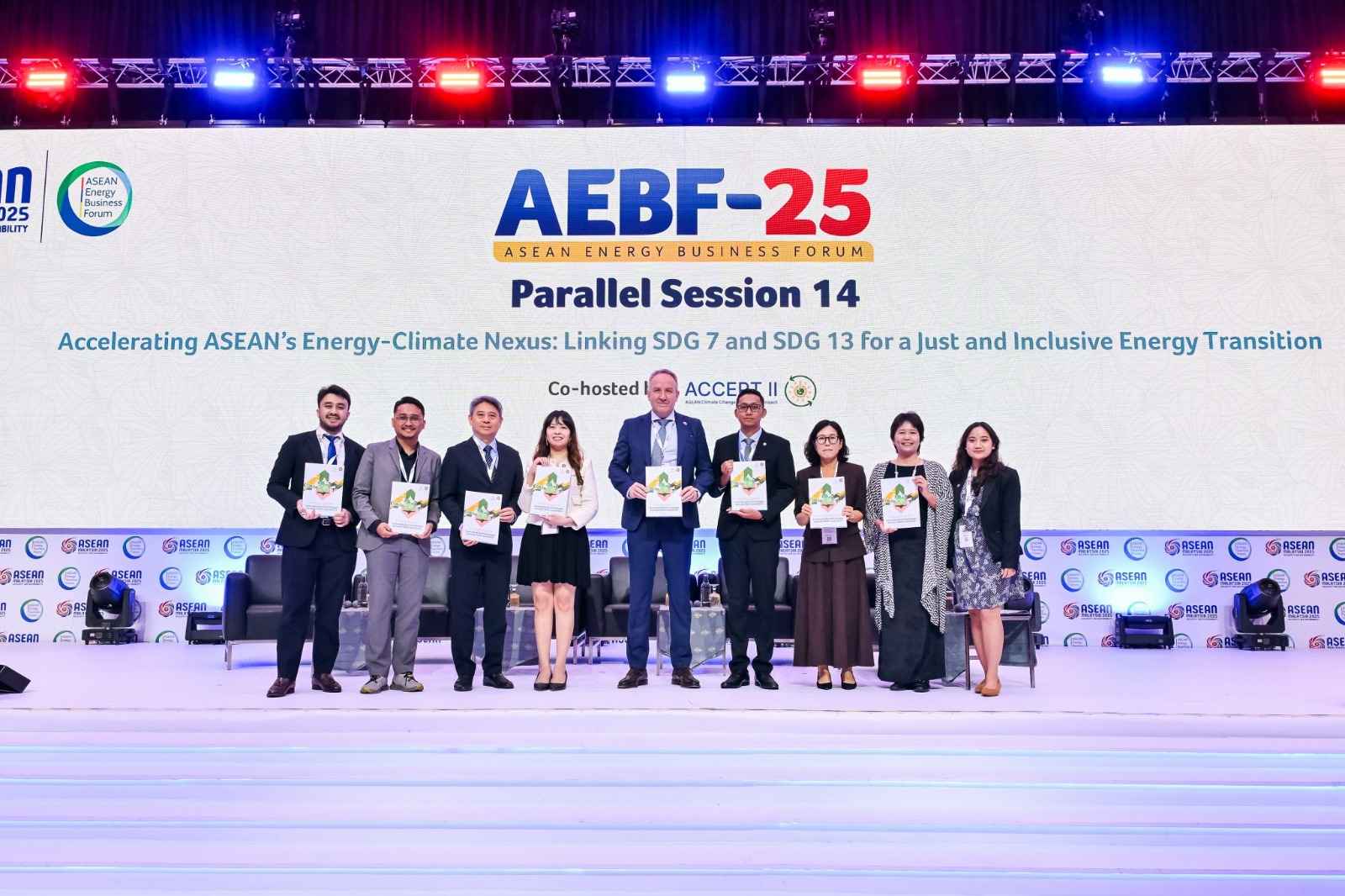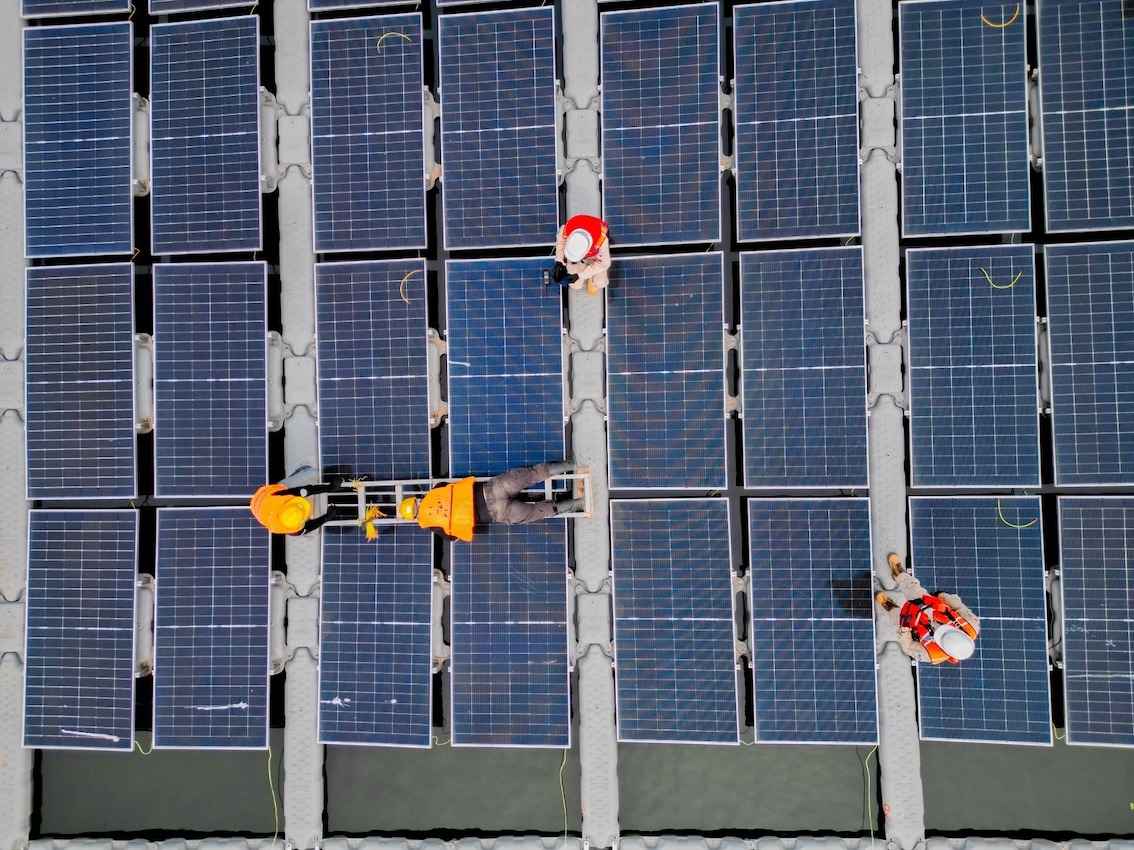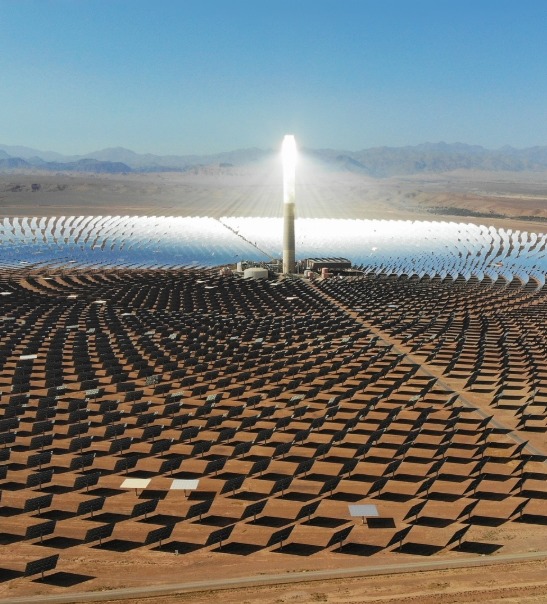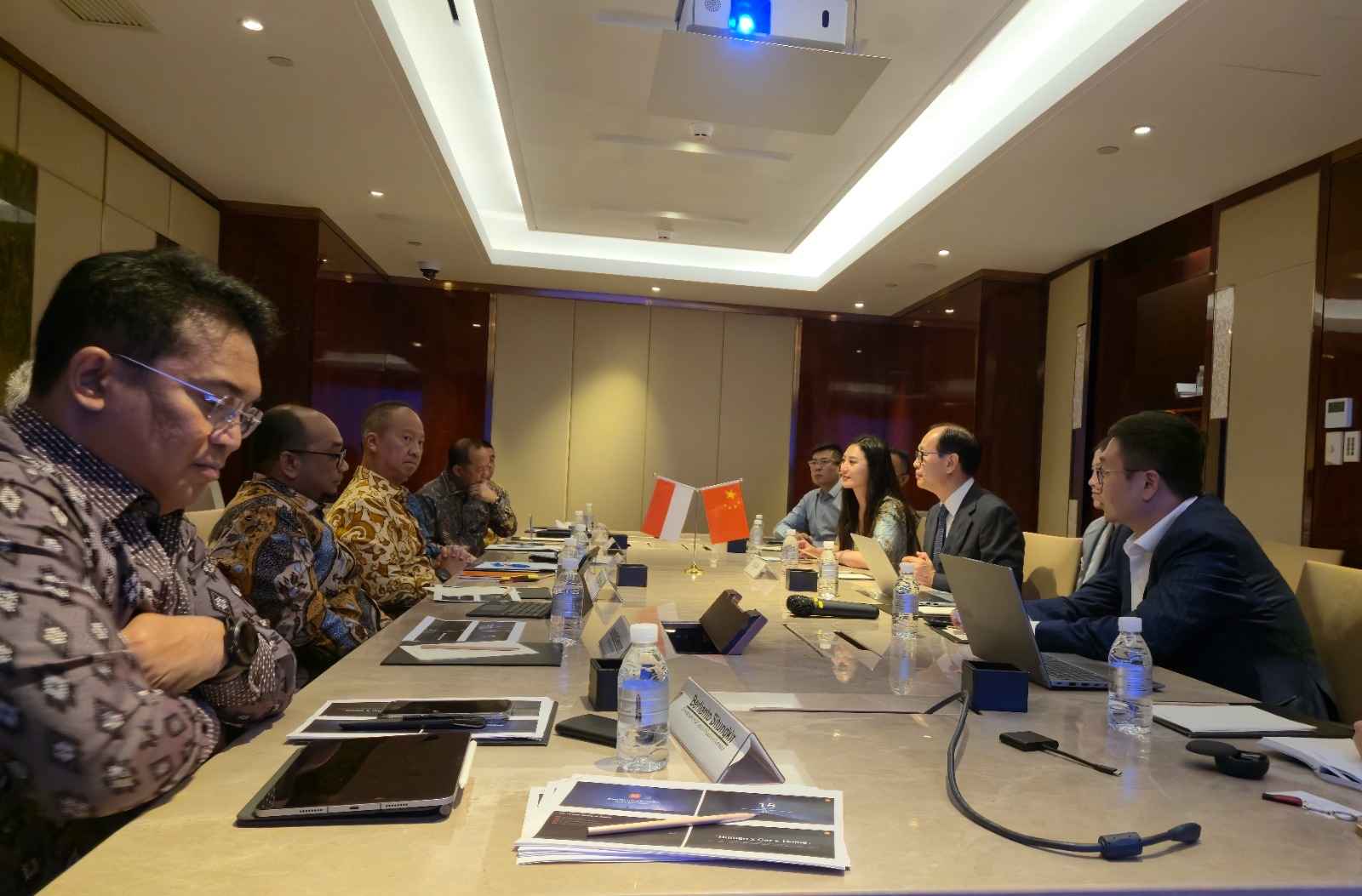Enviro News Asia, Kuala Lumpur — Energy ministers from ASEAN member states and East Asia Summit (EAS) partner countries reaffirmed their commitment to strengthening regional cooperation in accelerating the transition toward clean and sustainable energy. The agreement was reached during the 19th East Asia Summit Energy Ministers Meeting (19th EAS EMM) held in Kuala Lumpur, Malaysia, on October 17, 2025.
The meeting, chaired by Datuk Amar Haji Fadillah Yusof, Malaysia’s Deputy Prime Minister and Minister of Energy Transition and Water Transformation, was attended by the ten ASEAN member states, along with Australia, China, India, Japan, South Korea, New Zealand, Russia, and the United States. Timor-Leste participated as an observer, while regional energy institutions such as ACE, ASCOPE, and ERIA also took part.
Under the theme “Powering ASEAN: Bridging Boundaries, Building Prosperity,” the ministers underscored the importance of cross-regional collaboration to enhance energy security and strengthen regional power grid integration. They also agreed to implement the ASEAN Plan of Action for Energy Cooperation (APAEC) 2026–2030, focusing on a just energy transition, accelerated decarbonization, and strengthened regional energy connectivity.
EAS partner countries presented concrete commitments to support the agenda. Australia aims to achieve 82% renewable energy by 2030, China targets expanding its wind and solar capacity to 3,600 GW by 2035, India plans to reach 500 GW of renewable energy by 2030, and Japan promotes hydrogen and CCUS technologies through the Asia Energy Transition Initiative (AETI). Meanwhile, the United States and Singapore will co-host the Southeast Asia Nuclear Energy Forum at the end of October 2025.
The ministers also emphasized the importance of modernizing energy infrastructure, including smart grids, energy storage systems, and undersea power cables to enhance regional energy reliability. They agreed that mastering emerging energy technologies—such as artificial intelligence (AI) and Carbon Capture, Utilization, and Storage (CCUS)—will be key to achieving a clean and efficient energy future.
The meeting concluded with appreciation to the Government of Malaysia for its successful organization. Participating countries agreed to continue collaboration toward a greener and more resilient regional energy system and looked forward to the 20th EAS Energy Ministers Meeting, which will be hosted by the Philippines in 2026. (*)




